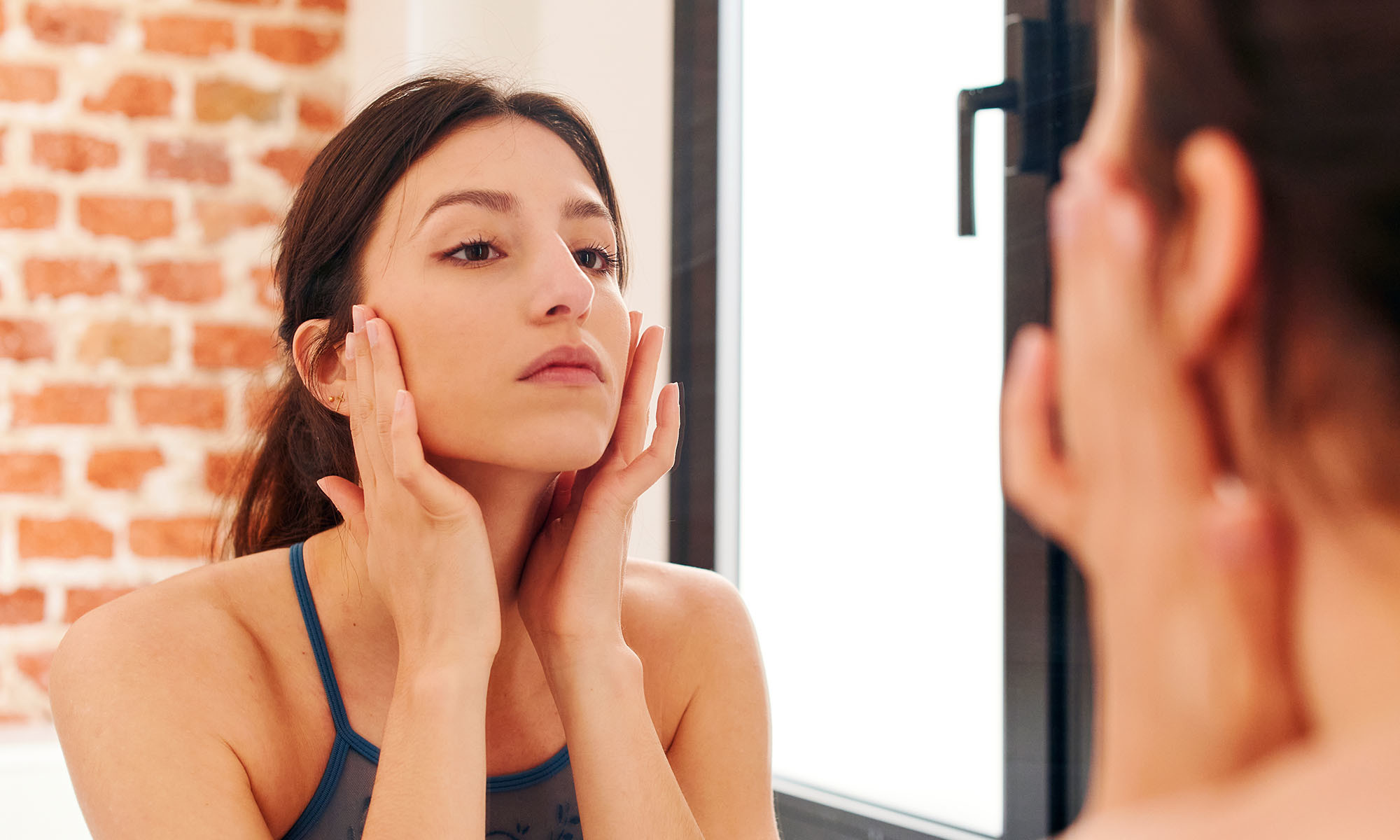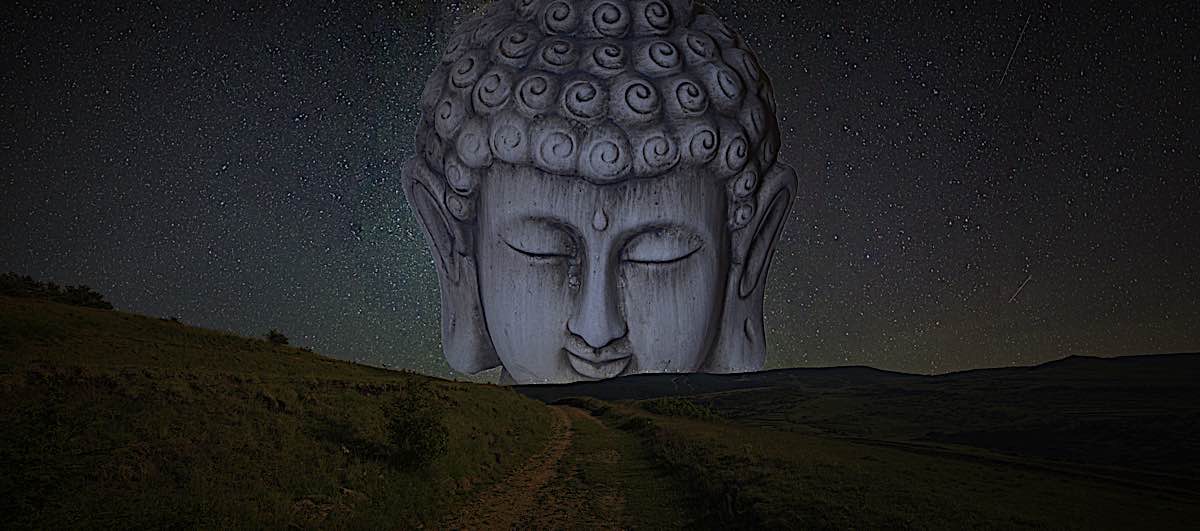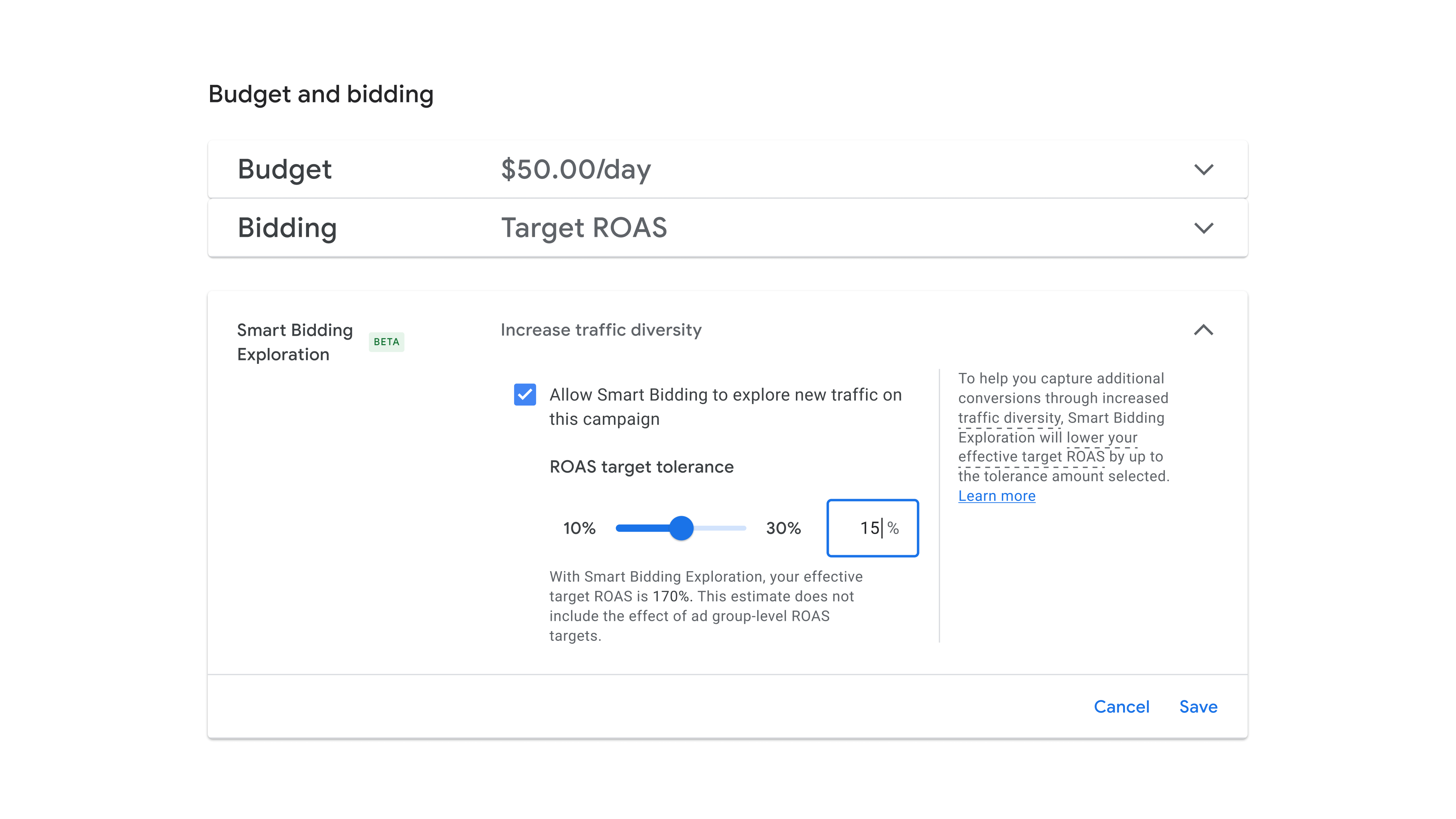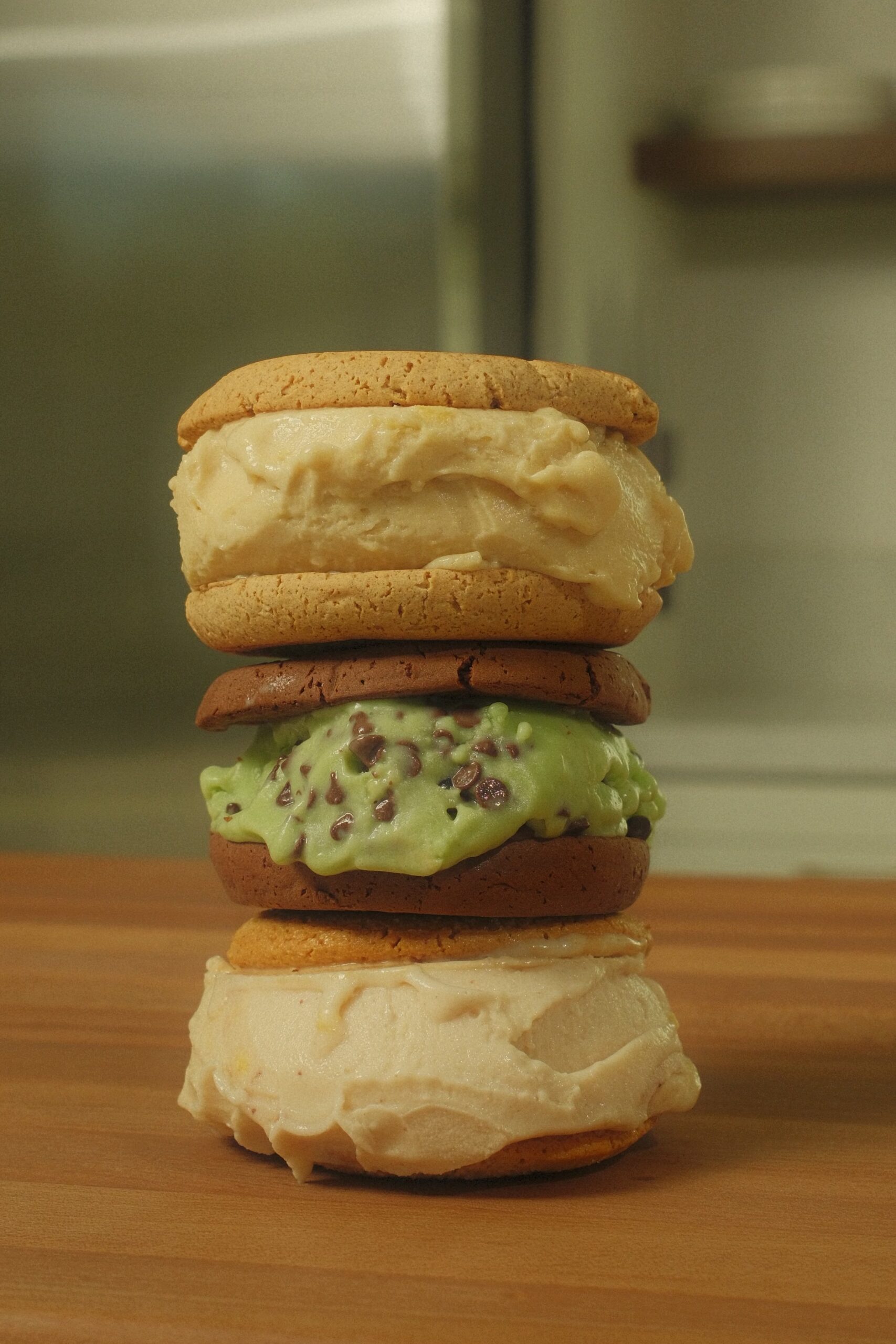Must-Read: 3 Ways To Restore Collagen In 2023 For More Youthful-Looking Skin
Let 2023 be the year of healthy skin aging.


mbg Assistant Beauty Editor
mbg Assistant Beauty Editor
Hannah Frye is the Assistant Beauty Editor at mindbodygreen. She has a B.S. in journalism and a minor in women’s, gender, and queer studies from California Polytechnic State University, San Luis Obispo. Hannah has written across lifestyle sections including health, wellness, sustainability, personal development, and more.
Image by stocksy / Ivan Gener January 2, 2023 Our editors have independently chosen the products listed on this page. If you purchase something mentioned in this article, we may The good news is that in 2022, even more people began to embrace healthy aging tactics (as opposed to the "anti" aging mindset that dominated the beauty industry in the past). However, it can be hard to determine which strategies help your skin age at a healthy speed, given the overwhelming amount of information out there. To keep it quick and simple, we’re sharing three factors that directly contribute to your collagen production—the key to maintaining healthy skin for the long haul, both in terms of look and feel. 
Advertisement
This ad is displayed using third party content and we do not control its accessibility features.
1. With dry January gaining popularity each year, there’s no better time than now to evaluate your relationship with alcohol. While consuming a few less drinks every week may make you feel better overall, it has some unexpected skin benefits as well. “Excessive alcohol consumption can increase the production of free radicals," internal medicine physician Russell Jaffe, M.D., Ph.D., CCN, once told mbg. It also diminishes antioxidants in the body, making it harder for your body (and your skin) to defend itself. As a result, oxidative stress and inflammation become exacerbated, says Jaffe. But how does this impact collagen? Well, oxidative stress can take a toll on your existing collagen when chronically activated. It also decreases the ability of fibroblasts, a type of cell that produces type I collagen. (This kind of collagen is the most abundant protein1 in the body.) Not to mention, excessive alcohol intake can disrupt the absorption of vitamin C, further contributing to poor collagen synthesis. 2. Collagen supplements have become particularly buzzy in recent years, and there's a pretty good reason why: There's significant research showcasing their comprehensive skin benefits. The main benefit? Promoting your natural collagen and elastin production2. This is key for aging skin, as research shows your collagen levels begin to decline by 1% each year2, starting around your mid-20s. However, not all collagen supplements will work the same. Most of the promising research on this topic comes from hydrolyzed collagen peptides specifically, so make sure you check that off the list when you shop—here are nine glowing recommendations, all backed by a nutrition Ph.D. This ad is displayed using third party content and we do not control its accessibility features. 3. PSA: Beauty sleep is a real thing. Sleep deprivation (which includes frequently getting less than seven hours) induces oxidative stress in the body. Additionally, losing sleep increases cortisol, your stress hormone, which breaks down collagen. Research has even found a direct link between shut-eye and collagen production3. Not to mention, that spike in cortisol might even trigger breakouts. See, this spike manifests into more sebum production and, thus, more breakouts. Even if you don't typically have acne-prone skin, a lack of sleep can contribute to what dermatologists refer to as "occasional acne4.” All that to say: Use this time to prioritize high-quality shut-eye! (If you need some help, check out our favorite natural sleep aids.) In addition to getting a good snooze, you might want to mind your caffeine intake. Studies show that consuming a dose of caffeine (specifically 400 mg5 in this study) up to six hours before bedtime has "important disruptive effects" on your sleep. In addition to having trouble falling asleep, the study demonstrates a link between that caffeine buzz and interrupted sleep as well.Consume alcohol mindfully.
Invest in collagen supplements.
Advertisement
Get enough sleep + limit late caffeine intake.
The takeaway.
The moral of the story: Be mindful of your alcohol consumption, invest in hydrolyzed collagen peptide supplements, and get enough sleep. If you’re working on all three of these lifestyle habits in 2023, your skin will surely thank you. Want more tips to boost your own collagen production? Here are a few more to add to your list.
Advertisement
This ad is displayed using third party content and we do not control its accessibility features.

 Konoly
Konoly 






























